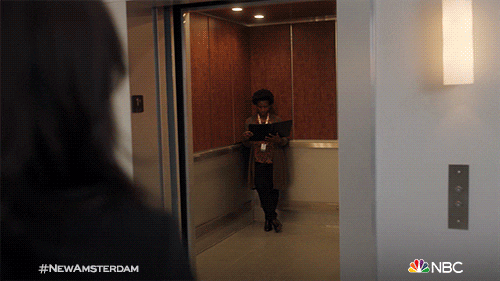- Markets - Around The World
- Posts
- Google Meet Introduces AI-Powered Note-Taking
Google Meet Introduces AI-Powered Note-Taking
Google AI can now take notes on your video calls.

Google is integrating a new AI tool, called "take notes for me," into Google Meet, designed to automatically summarize key points during video calls using its Gemini AI.
The Details:
AI-Driven Summaries: The tool records essential discussion points during a video call and generates a summary in Google Docs, which is saved to the meeting owner's Google Drive.
Availability: This feature is initially available to Google Workspace customers with specific Gemini AI packages, supporting only English and accessible on computers or laptops.
Google’s AI Expansion: This integration is part of Google's broader push to incorporate generative AI into more of its services, continuing its aggressive expansion in the AI space.
Why It Matters:
Google's introduction of AI-driven note-taking in Meet reflects the growing trend of AI automation in everyday tasks, aiming to enhance productivity by streamlining meeting documentation. However, the effectiveness and accuracy of these AI tools remain crucial for their adoption and reliability, especially given past AI mishaps.
Klarna Aims To Halve Workforce With AI-Driven Gains

Klarna, a Swedish financial services company specializing in buy-now, pay-later services, is planning to reduce its workforce by nearly 50% as it increasingly relies on artificial intelligence (AI) to automate tasks. This move is part of the company's strategy to streamline operations and prepare for a potential stock market listing.
Background and Context
Klarna has already reduced its workforce by over 1,000 employees in the past year, bringing its current employee count down from approximately 5,000 to 3,800. The company aims to further reduce this number to around 2,000 in the coming years, though no specific timeline has been provided.
AI-Driven Efficiency
The company's AI-powered chatbot has been instrumental in this transformation, capable of handling the workload previously managed by 700 full-time customer service agents. This automation has significantly reduced the average resolution time for customer service inquiries from 11 minutes to just two, while maintaining consistent customer satisfaction ratings.
Financial Impact
Klarna's reliance on AI has also led to substantial financial gains. The company reported a 73% increase in average revenue per employee compared to the previous year, reaching 13.3 billion Swedish krona (£990 million) in revenue. Additionally, Klarna transitioned from a loss of 456 million krona to an adjusted profit of 673 million krona, demonstrating a significant turnaround in its financial performance.
Australia's New "Right to Disconnect" Law

Australian employees now have the legal right to ignore work-related emails and calls outside of their regular working hours, thanks to a new law that came into effect on August 26, 2024. This legislation, known as the "right to disconnect," aims to promote a healthier work-life balance and reduce stress by protecting employees from unreasonable contact outside of work hours.
Legal Protection: Employees can legally ignore work communications outside of regular hours unless their refusal is deemed unreasonable.
Employer Penalties: Companies face fines of up to A$93,000 ($63,000) for contacting employees for non-essential reasons outside of working hours.
World-first lung cancer vaccine trials launched across seven countries

BioNTech has begun trials for BNT116, an mRNA lung cancer vaccine, in 34 research sites across the UK, US, Germany, Hungary, Poland, Spain, and Turkey. The vaccine works by presenting the immune system with tumor markers to prime the body to fight cancer cells expressing those markers. It aims to strengthen a person's immune response to cancer while leaving healthy cells untouched. The treatment is simple to deliver - patients receive a round of shots every week for six consecutive weeks and then every three weeks for 54 weeks.